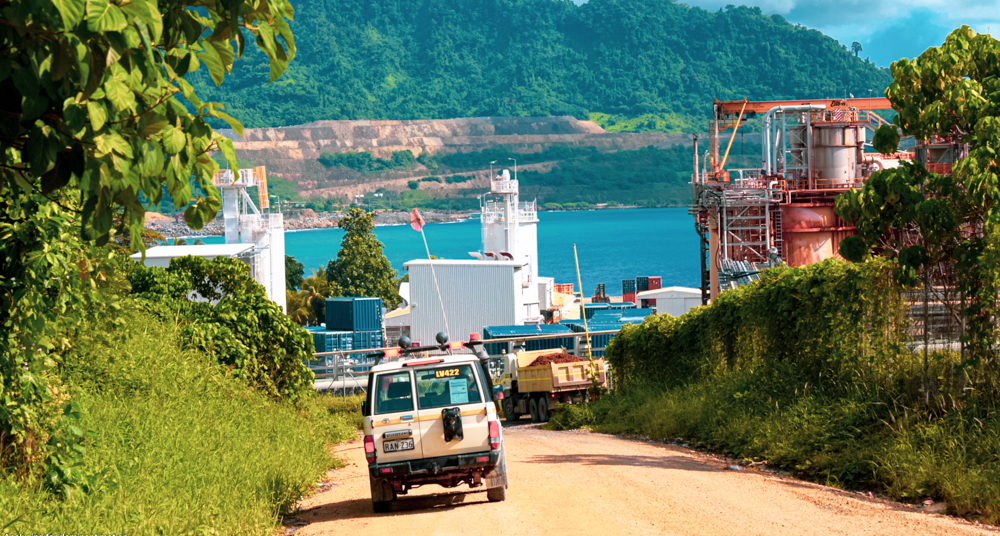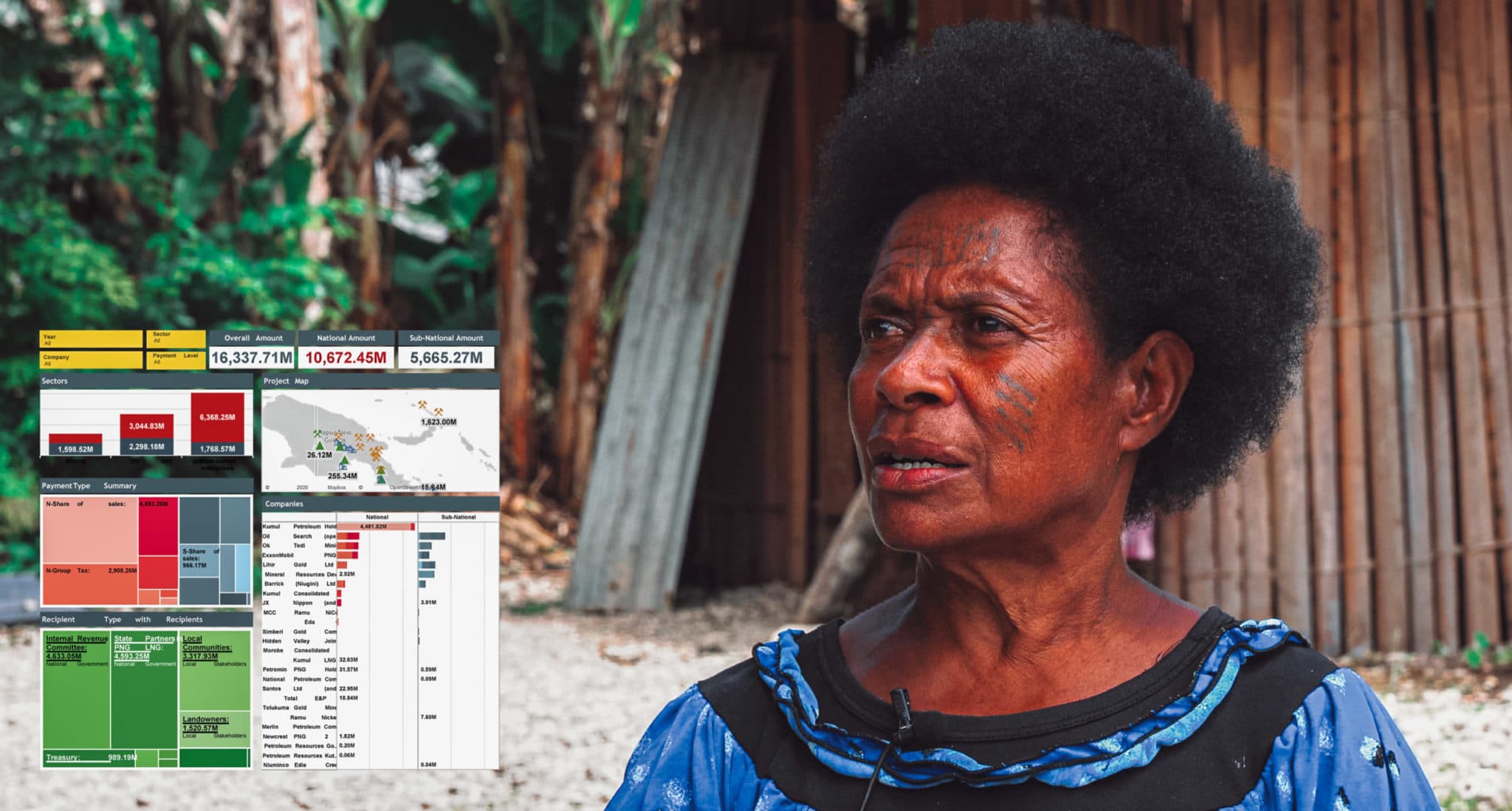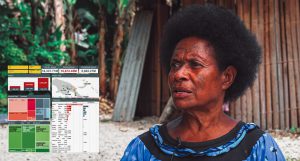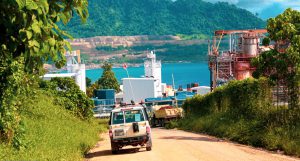Project
Subnational Payments in PNG’s Extractive Sector
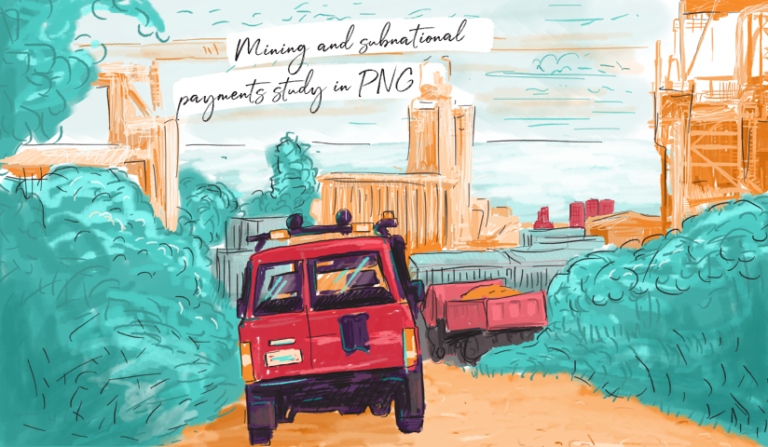
As Papua New Guinea (PNG) works to transition its natural resources into inclusive and sustainable forms of development, the taxes, fees and levies collected from extractive projects provide much-needed revenue to the national government. These ‘resource rents’ help the national government to fund basic services to its citizenry—many of whom live in remote areas with limited access to health, education, electricity and sanitation services. Mining, oil and gas projects also generate important financial flows at the subnational level, where extraction takes place. These subnational payments and transfers fund a diverse range of public and private spending.
Through PNG’s participation in the Extractive Industries Transparency Initiative (EITI), a global standard that promotes transparency and accountability in the oil, gas and mining sectors, much progress has been made on the reporting of extractive revenues to the national level. Yet, payment data at the subnational level is either non-existent, too aggregated to be meaningful, inconsistent across projects, or difficult to obtain. More effective reporting of subnational payments and transfers through PNGEITI can provide local stakeholders access to relevant and timely information on the extractive revenue flows that affect them most. Strengthening PNGEITI subnational reporting can also drive transparency and accountability in PNG’s extractive provinces, contribute to decentralisation and subnational governance efforts, and potentially improve social license to operate for extractive companies.
This scoping study, part of Square Circle’s ongoing multi-year collaboration with PNGEITI, used a combination of stakeholder interviews, data requests and case studies to:
- Identify and map the subnational payments and transfers in PNG’s extractives sector,
- Document stakeholder views on enhanced subnational reporting through PNGEITI and
- Develop a reporting framework and roadmap for PNGEITI subnational reporting.
Case studies from Newcrest Mining Limited’s Lihir gold mine in New Ireland Province, OK Tedi Mining Limited in Western Province, Geopacific’s Woodlark Gold project in Milne Bay, and the PNG LNG Project highlight the range of subnational payments in PNG’s extractive provinces.
This project supports the wider goal of improving sub-national governance and institutional extractive payments dashboard to allow payment flows to be better understood by stakeholders. The study also put forward a framework for subnational reporting including six key recommendations:
- Develop, resource and implement a plan for PNGEITI subnational reporting in extractive provinces;
- Establish PNGEITI subnational multi-stakeholder groups (MSGs) with links to the PNGEITI MSG and secretariat;
- Include subnational government entitites and non-government entities, including landowner businesses and associations
- Set quantitative and qualitative materiality thresholds;
- Standardise payment categories and allow for reporting of expenditure, impacts, and MOA commitments; and
- Pilot subnational reporting with an adaptive rollout in three provinces.
The results of the study were launched at a stakeholder workshop and PNGEITI subnational reporting is now being implemented across PNG’s extractive provinces.
